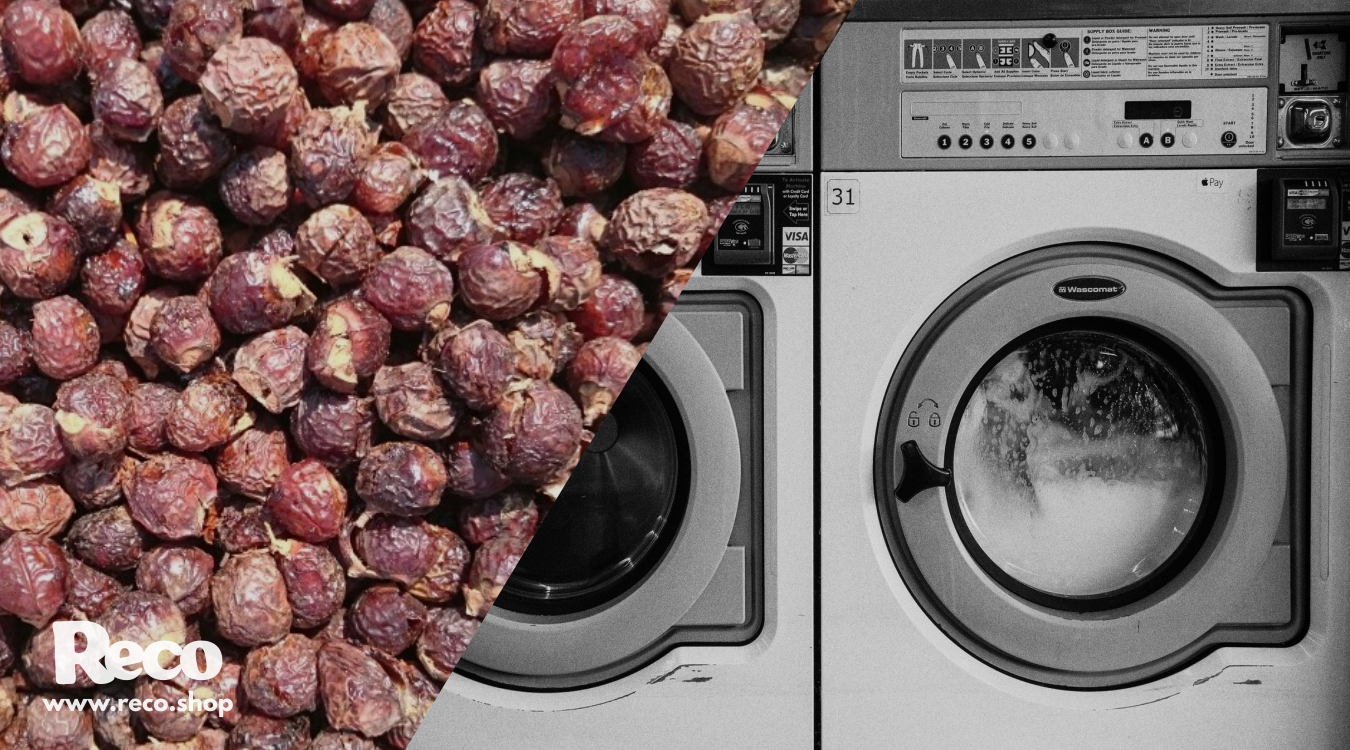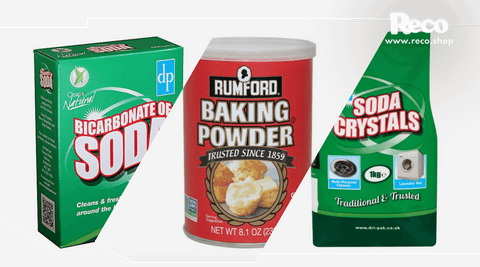
It's not often that useful household products literally fall off a tree, but such is the case for soap nuts. These little nuts can turn out wash after wash of sudsy cleaning power for your laundry needs.
Well, let's start by clearing up two things: Soap nuts are neither soap, nor are they nuts.

Soap nuts are actually berries from the soapberry tree – or sapindus mukorossi if you want to use the fancy Latin name. Sapindus is actually a combination of the Latin words sapo and indicus – meaning “soap” and “India”.

The “Nut” part is a complete misnomer, luckily, as being berries, soap nuts are hypoallergenic and will not irritate people with nut allergies.

Manufactured soaps are traditionally made with sodium hydroxide (lye). When mixed with a fatty acid (such as a fat or oil) it goes through a checiaml reaction called saponification with only of the outputs being soap.
Soap is known as a surfactant, which lowers the surface tension between different molecules. In other words, they make water wetter. In the case of clothes washing surfactants increase the ability of water penetrate deep into the fibers of clothing giving a much more effective clean.

The shell of the soap nut contains a class of compounds called saponins – a naturally occurring surfactant.
As it turns out, saponins make an excellent natural insect repellent. More importantly for us though, saponins are also great a great detergent.
On a last note regarding this interesting little berry, we don't actually use the fruit itself. Instead we use the hard outer shell protecting the berry, since that contains all the good saponin.
Given that soap nuts are naturally occurring and can be used practically straight off the tree, you'd think that humans would have been using them for a long time. Well, you'd be absolutely right.
In fact, use of the soap nut as a cleaning agent can be traced back to India as early as the 3rd century BC. There are also early recorded uses of soap berries as a detergent across China and some parts of Europe
As the Latin name implies, this tree is native to India. It grows natively in the tropical regions of both India and Nepal to be more precise.
If you're looking for a natural eco-friendly washing powder, ease of use will make the soap berry rank high on your list. Doing a load of laundry is as easy as dropping three to five berry shells in a muslin pouch and tossing it in with the wash.
Its low level of suds make it safe for washing machines. It's also cost effective, as a pouch of five-six soap nuts can be reused for up to four loads of washing. You'll know the soap nuts need replacing when the shells become soft and greyish in colour.
Soap nuts are also, not surprisingly, bio-degradable. When finished, you can compost them or simply toss them off into your garden compost. However, just because you've done a few loads of wash, doesn't mean the soap nuts need to be retired. Used soap nuts can be boiled and steeped in water for half an hour to make a great body and hair wash.
So, what are the drawbacks to the mysteriously wonderful soap nut? Let's consider the pros and cons.
Pros:
Cons:
Like with many eco-friendly solutions – the soap nut isn't a perfect replacement for chemical detergents. It can require a little more work to use properly and might not be quite as effective on heavily soiled clothing.
However, with that in mind, other washing powders and liquids are a huge source of pollution. Not only are detergent solutions toxic, but their packaging ends up in landfills. So, if you're trying to do your part for the planet, soap nuts are an excellent alternative to all those harsh, toxic chemicals. Even the cultivation of soap nuts is green, as the trees help cycle carbon out of the atmosphere. So why not give them a try?
Comments will be approved before showing up.


